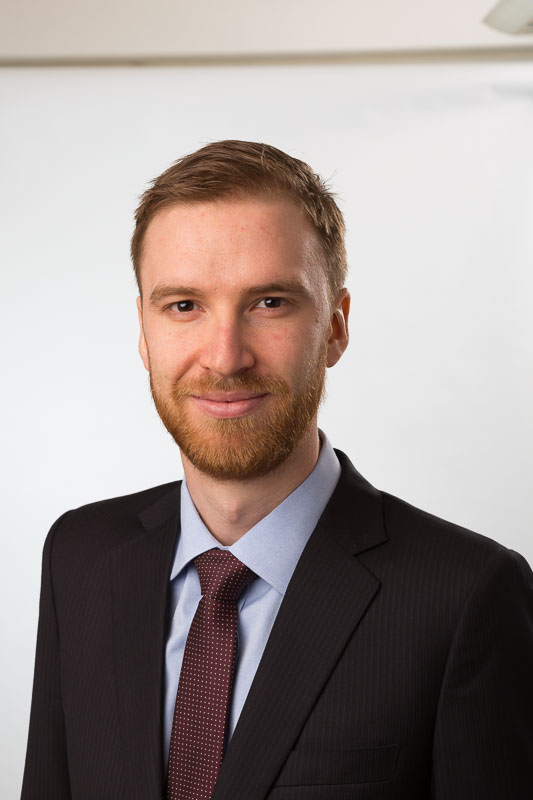Randolph Brazier, St. John's College, 2012-13
Intro: Randolph is from Adelaide in South Australia and graduated with a First Class Honours double degree in Electrical Engineering and Physics from the University of Adelaide in 2009. Randolph is currently the Head of Innovation & Development at the Energy Networks Association, and has over nine years of experience in the power and energy sector. Randolph is responsible for co-ordinating and delivering a broad range of strategic industry challenges, including the development of smarter networks, the DSO Transition, adoption of Low Carbon Technologies such as Electric Vehicles, and other industry objectives. Randolph is also a Member of the World Energy Council Future Energy Leaders Programme, a community of 100 exceptional young professionals who share a commitment to shaping the global energy future. He has previous experience in the design and management of multi-disciplinary power projects in the Transmission & Distribution and renewable generation sectors. These projects were located across the UK, Ireland, Malta and Australia.
Dissertation Title: How education can be used to improve sustainability knowledge and thinking among teenagers
Students Report: Upon completion of my undergraduate degree, I ended up working in the electricity sector in Australia. Part of this work included the connection of wind farms, and this triggered my interest in renewable energy and more generally the want to do something to help combat human-induced climate change. After several years I contracted a very unusual virus which meant I was unable to walk. While I eventually overcame this set back, the illness and subsequent time off prompted me to consider formal courses to learn more about climate change and sustainability, and that is how I came to end up at Cambridge.
The ESD course is a wonderful introduction to all things sustainability, and covers a wide range of multidisciplinary areas. A series of 'core' subjects relating to sustainability provide a very good overview and grounding for the subject of sustainability, including learning about quantitative and qualitative methods for implementing social, environmental and economic change. On top of these subjects, there is a substantial amount of flexibility to select additional courses from a wide variety of departments and subject areas at the University. Some of the electives that I chose included Climate Change Policy, Environmental Economics and Technology Policy - I specifically chose areas that I was interested in but had little prior knowledge of; the learning curve was incredibly exciting! Along with selecting your dissertation, the ability to select your own courses and shape your M.Phil degree to your interests is an incredibly attractive aspect of the course.
One of the other key benefits of Cambridge and the College lifestyle is the unfathomable amount of additional opportunities and activities outside of your course. I fully embraced this, and it often felt like each month was a full semester! I joined a number of societies and organisations that were either related to my course (eg: Cambridge Energy Society) or completely separate but nonetheless interesting (eg: the Cambridge Union Society). Cambridge has a reputation for being elitist, but what is not so well-known is that at the Post-Graduate level, there is a huge array of people from around the world, from wildly different backgrounds, cultures and geographies - our class had approximately 50 people and only 3 of them were from the UK! To me, this was almost the best part of Cambridge; I have met some incredible people and made some long-lasting friendships with people that I would never have otherwise had an opportunity to meet.
Undertaking the M.Phil in Engineering for Sustainable Development has quite simply changed my life. It will open your eyes to the world of sustainability, and equip you with the skills, connections and friendships to ensure that you make a real difference in the world.

